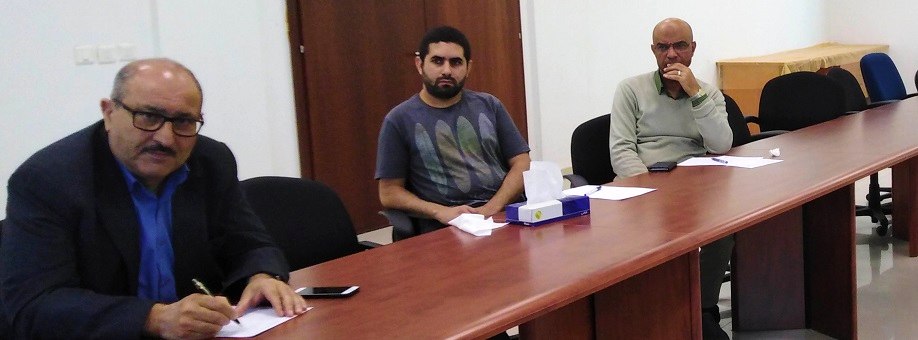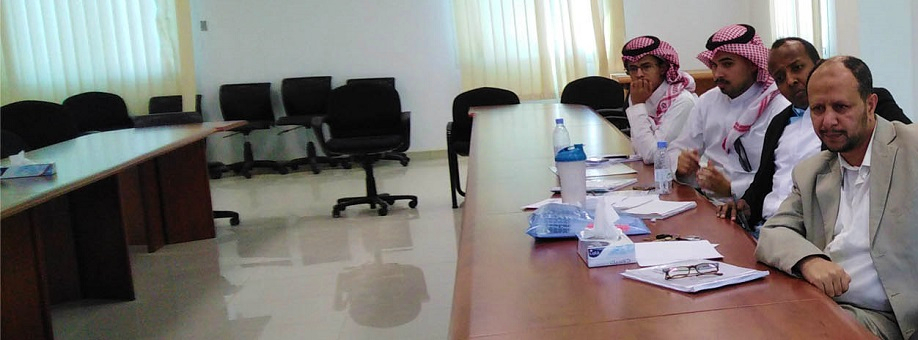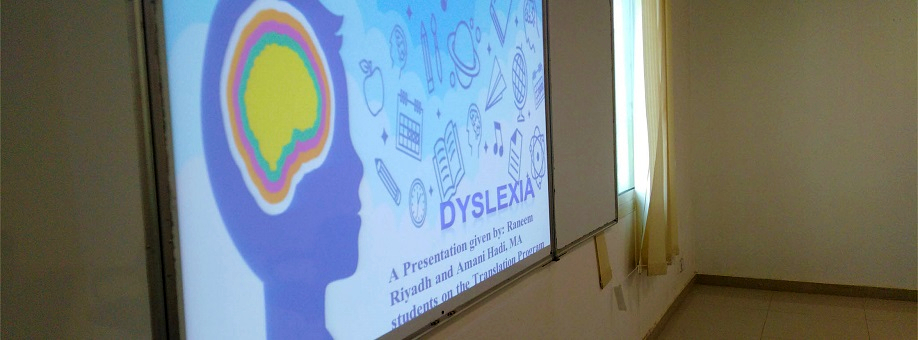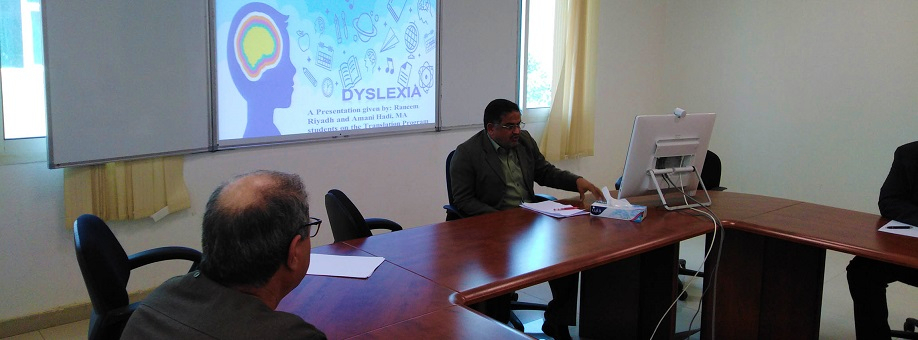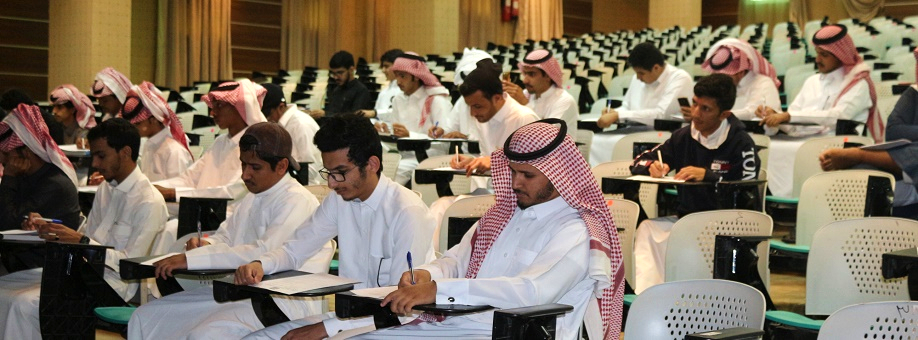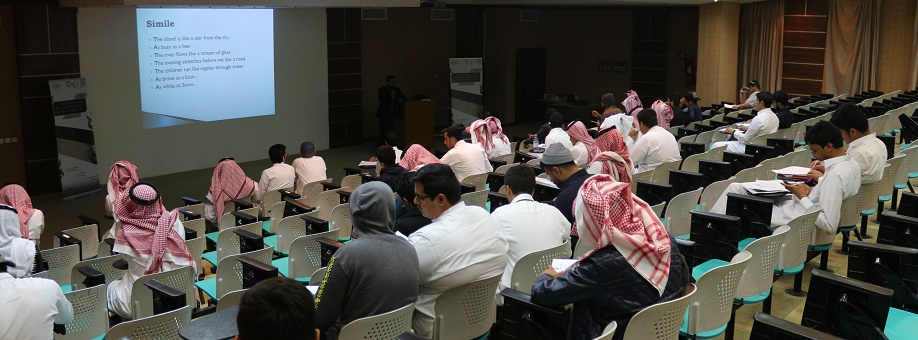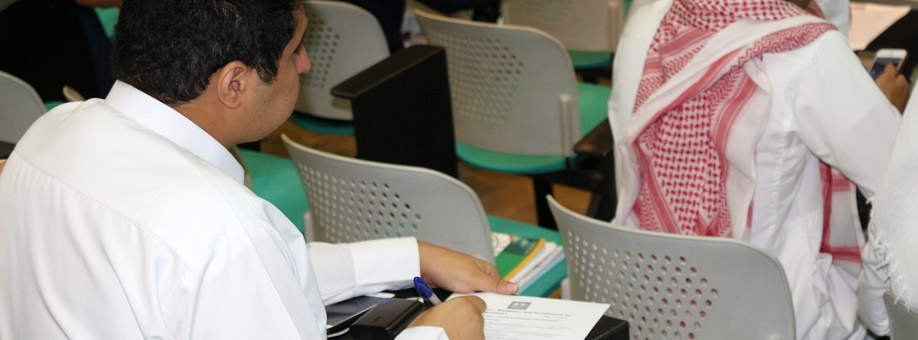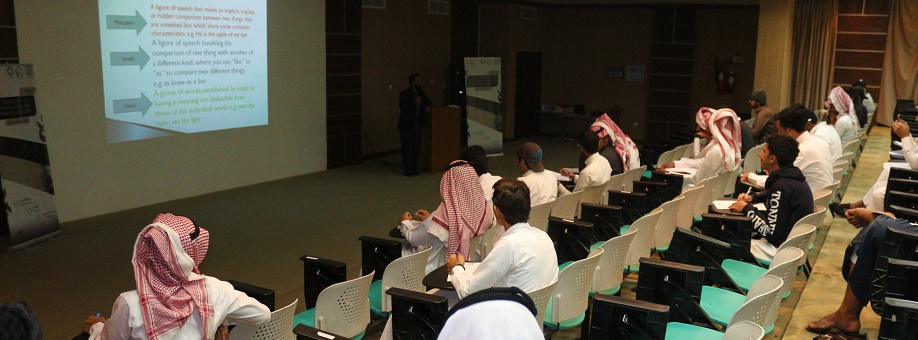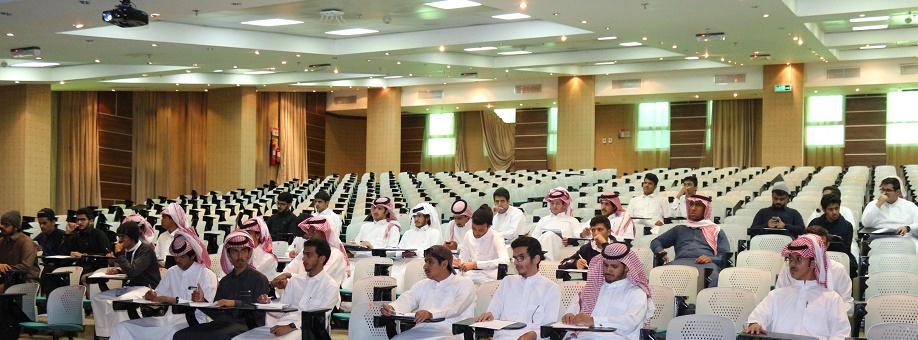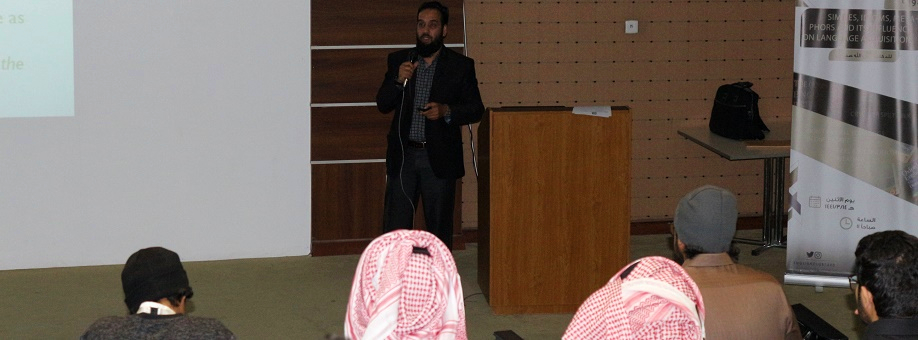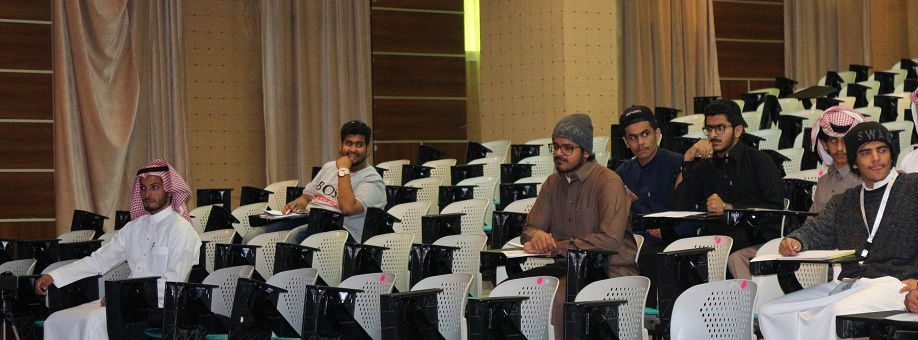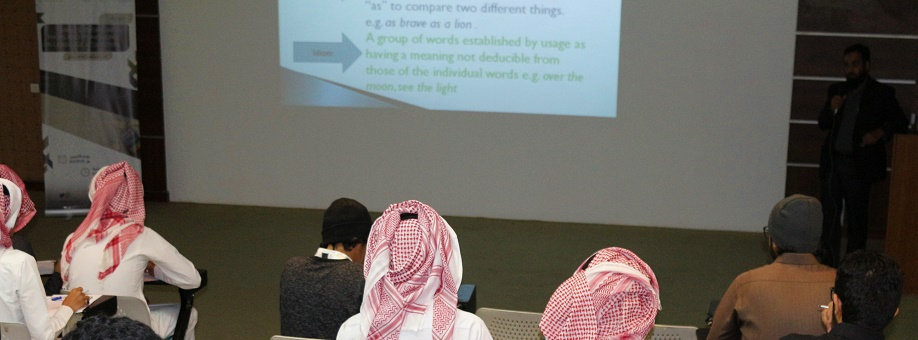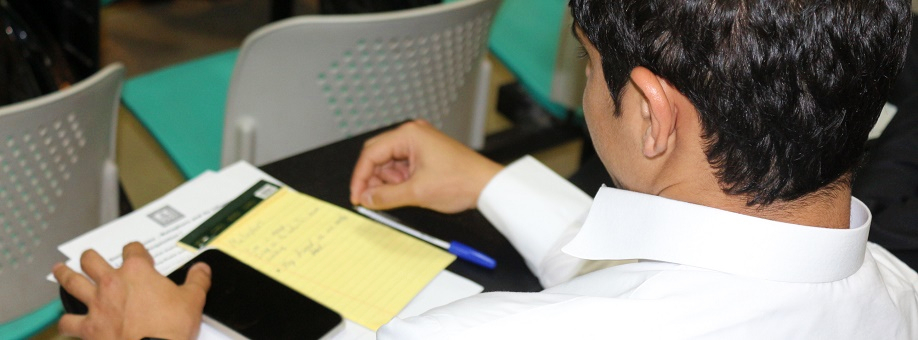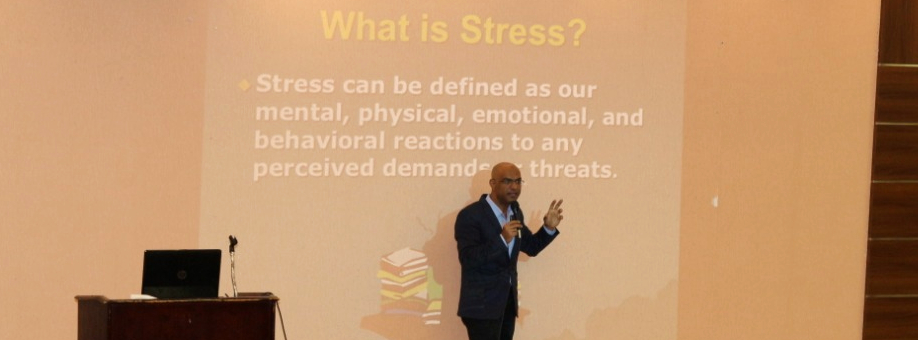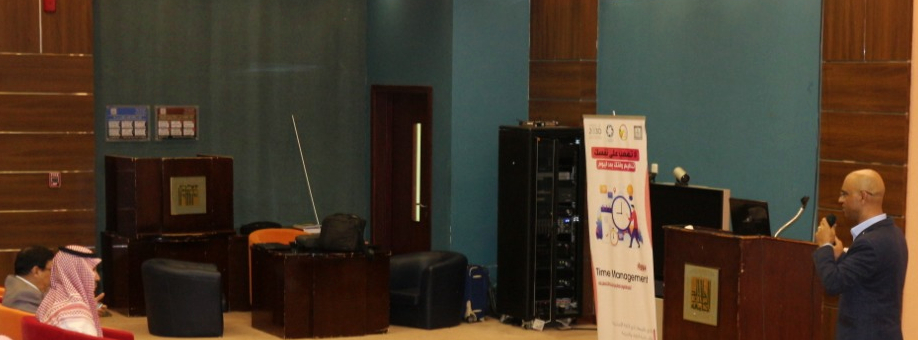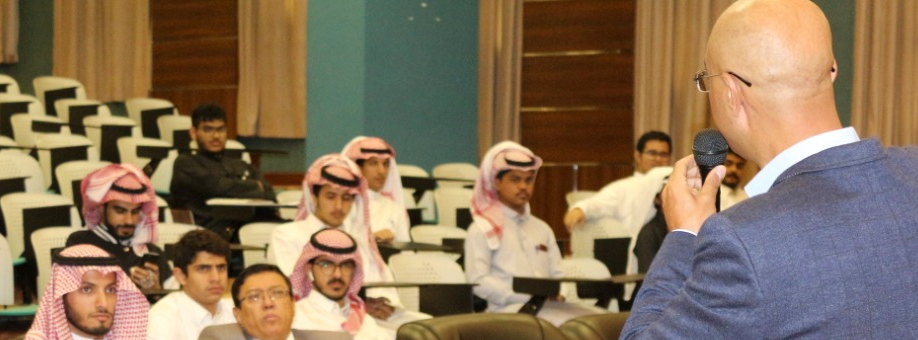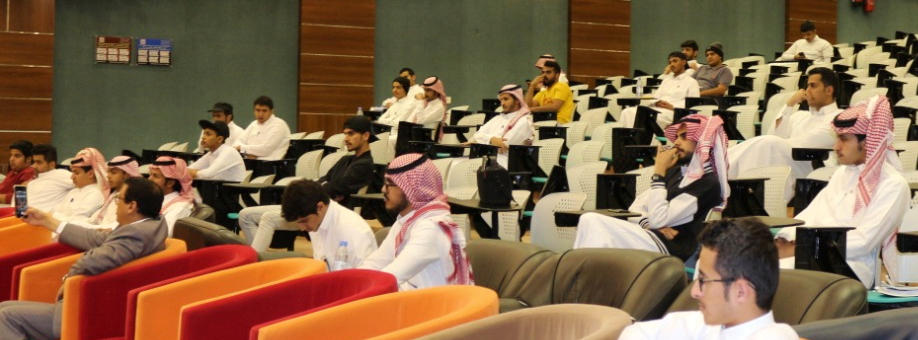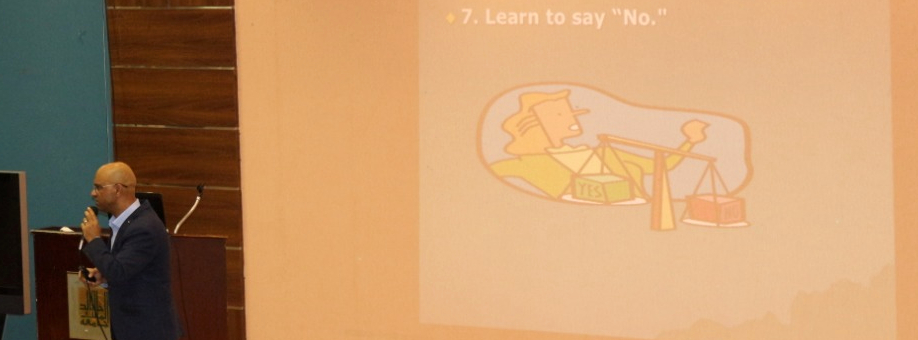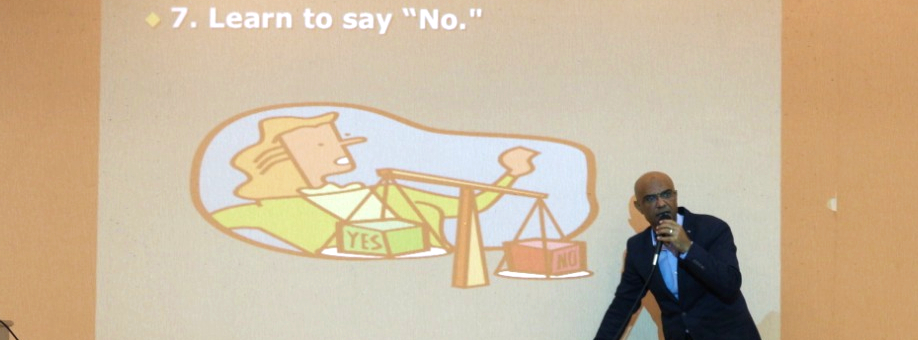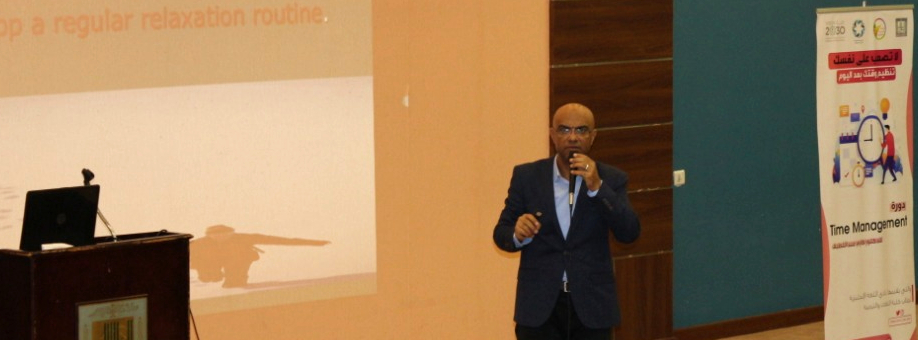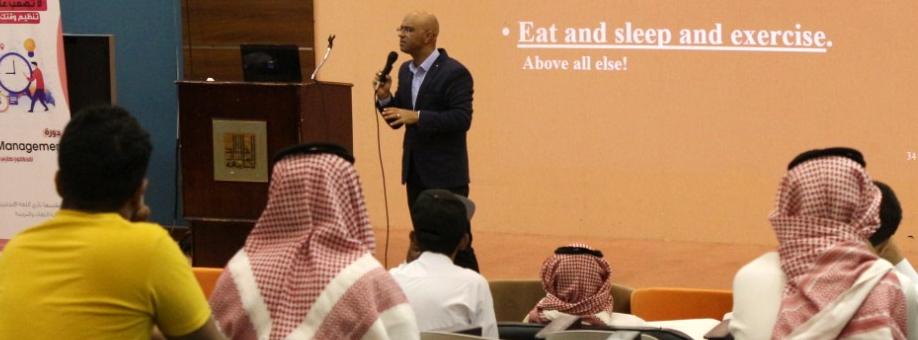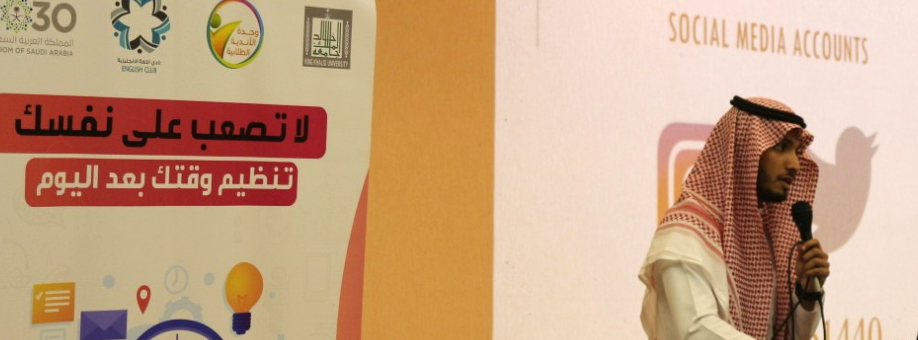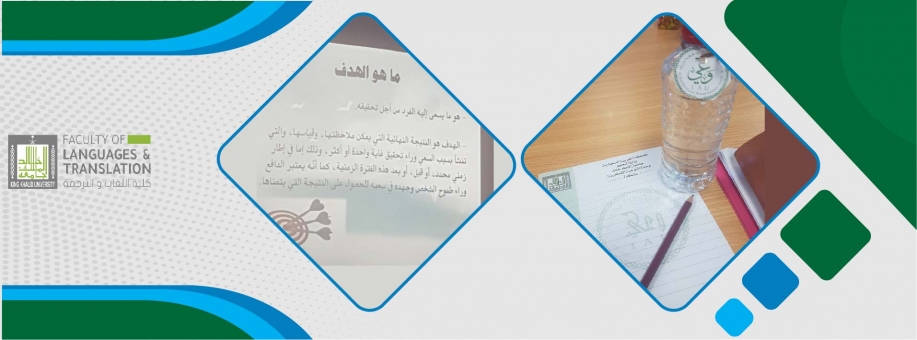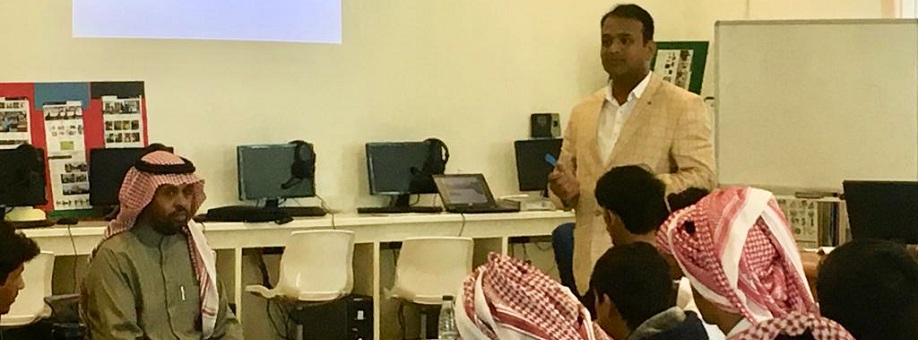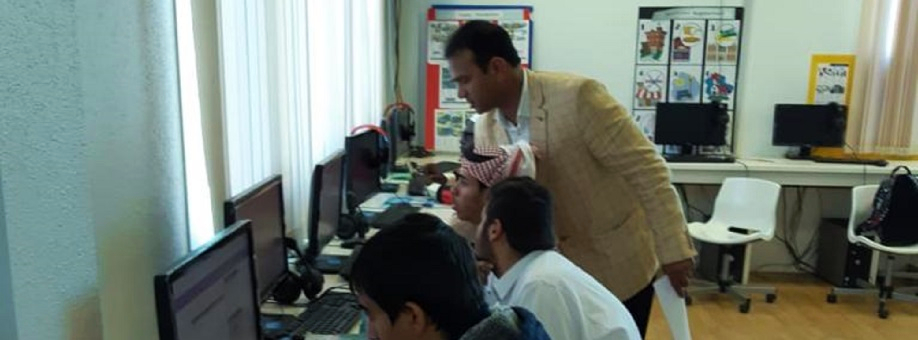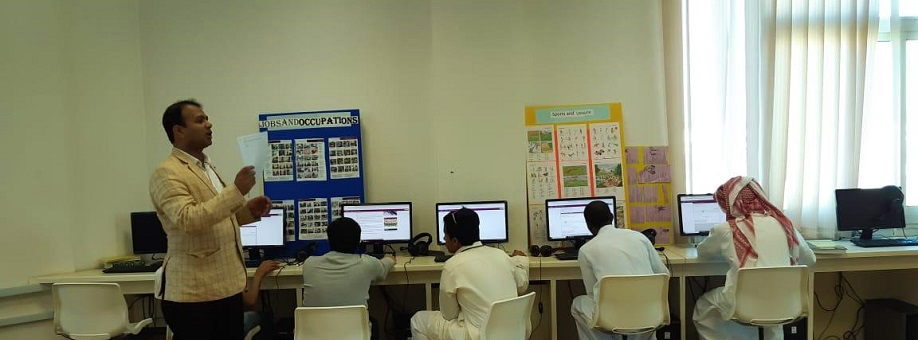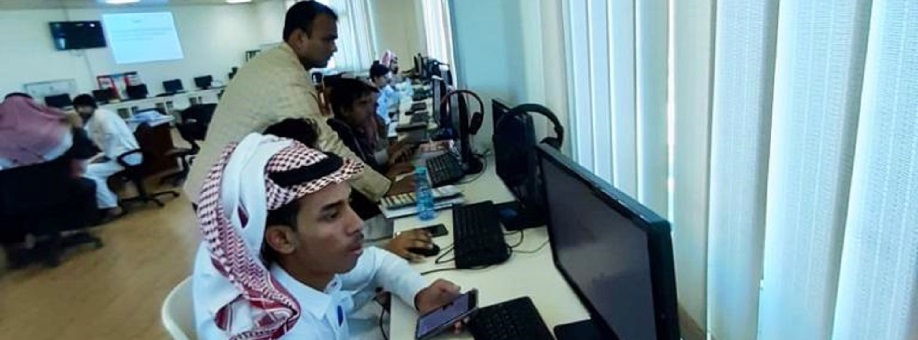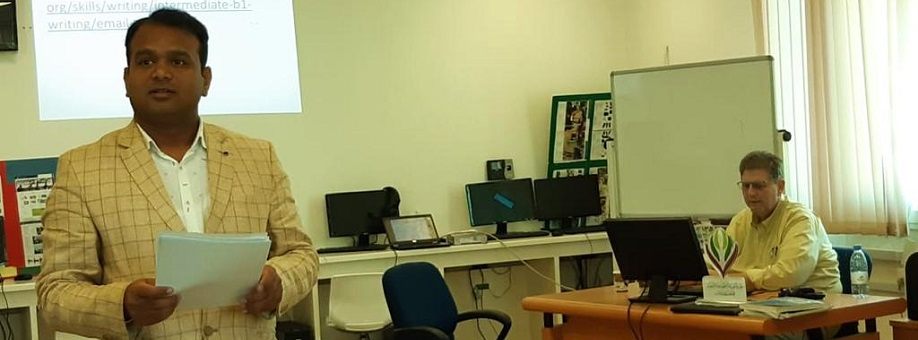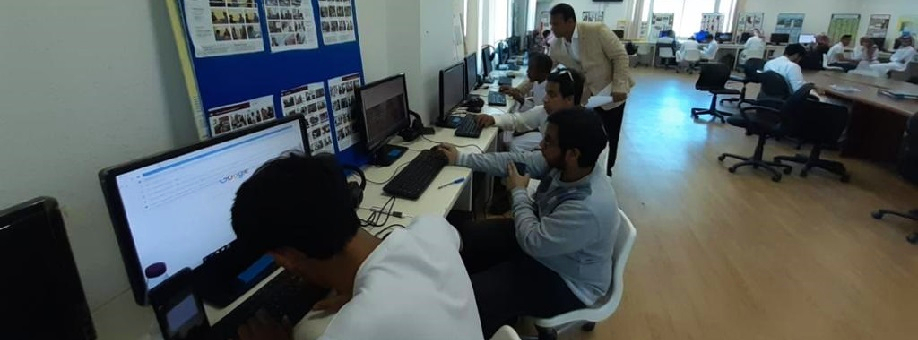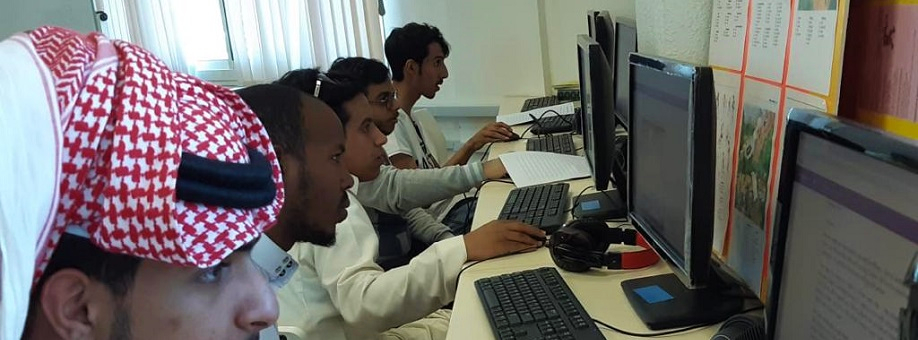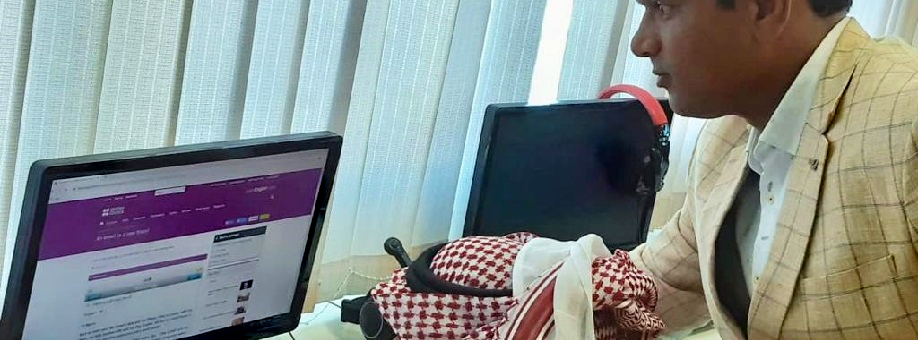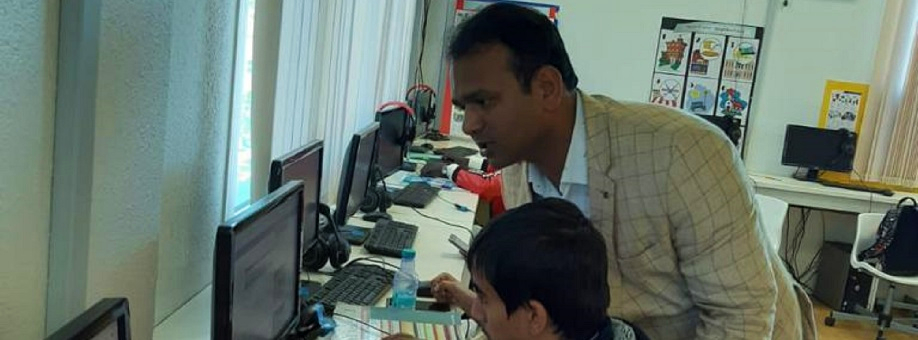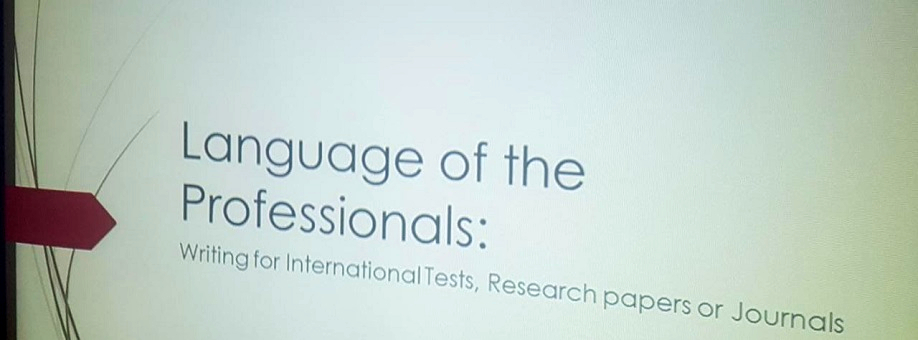Dyslexia as a Language Disorder
Two MA students named Raneem Riadh and Amani Hadi delivered a presentation titled 'Dyslexia as a Language Disorder', at the seminar organized by the Language Research Center on November 13, 2019. Raneem and Amani's presentation covered dyslexia facts, its history, the causes, the symptoms, and its treatment.
They began their presentation with some other disabilities related to learning, such as dysgraphia and dyscalculia, showing a few samples of language work done by those afflicted with same. It was noted that 'dyslexia' comes from the Greek words 'dys', meaning difficulty, and 'lexia', meaning language. Dyslexia is generally defined as a specific learning disability in basic reading skills and spelling, which is neurobiological in origin. While talking about the facts, they added that this is a common reading disorder and therefore the most common cause of reading, spelling and writing difficulties.
They mentioned its discovery in 1877 by a German neurologist Adoff Kussmaul. They also mentioned some famously successful people (Piccaso, Whoopi Goldberg, Muhammad Ali, Steven Spielberg and Cher) who had suffered from dyslexia.
The seminar was informative, interactive, and an overall success. The faculty members and the MA students at the main campus also participated in the seminar.
Date: 11/13/2019
Source: Mohammad Adil Siddique
English

